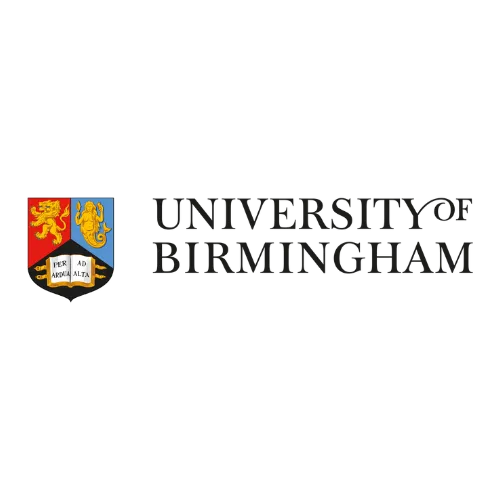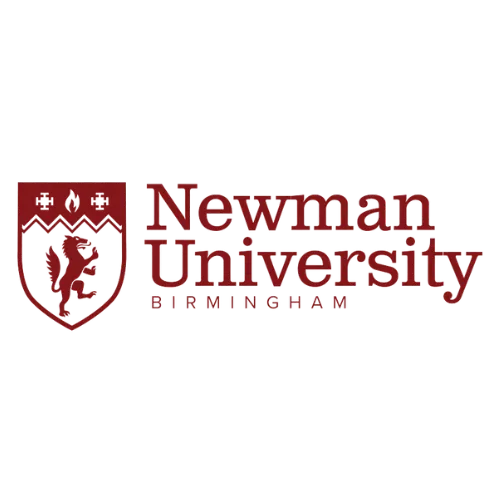
3 years full time
Adnaan Raja
Religious Studies

We accept a range of qualifications, the most popular of which are detailed below. Any of the following: The Higher Arabic and Islamic Studies Programme is an innovative course for students
Non-standard applicants who do not meet the above-mentioned criteria are welcome to apply and will be considered on an individual basis.
Students whose first language is not English will need to show proof of English language proficiency. Evidence may take one of the following forms:

The Arabic and Islamic Studies programme is an innovative course for students seeking to acquire a thorough understanding of the Islamic faith. Along with developing learner understanding and furthering their knowledge base across a broad range of areas, the course acclimatises this learning and knowledge to the dynamics of contemporary global issues. It is a distinct programme in which theoretical knowledge and understanding are complemented with the practical skills of applying this learning to the real world. It is suitable for students with a rudimentary understanding of Arabic and a basic knowledge of Islamic Studies who wish to study both and the theological aspects of Islam to an advanced level.

Year 1 of the programme introduces learners to the Arabic language through the theoretical study of key linguistic concepts and through practical application in the Language Skills module and the study of a range of literary genres. Learners will also examine the historical beginnings of Islam while also exploring key religious scriptures within the Islamic tradition.
Year 2 provides a greater depth of coverage and investigates underlying principles for scriptural acceptance in Islam, along with the study of Islam’s dogmatic theology, its canonisation and codification. Through critical analysis of Arabic texts from different periods, learners will further their language proficiency and literary comprehension while applying their Arabic skills to study and evaluate the works of classical Islamic scholars across a variety of disciplines and areas.
Year 3 offers learners the opportunity to carry out extensive research in a particular area of Islamic Studies or the Arabic language for their dissertation project. Developing the theoretical concepts from Year 2, learners will apply their previous learning to determine solutions for contemporary legal and ethical issues facing Muslims and subsequently, the wider community.

| Module | Code | Credits | Contact | GLH |
|---|---|---|---|---|
| Arabic 1 | AR001 | 20 | 120 | 80 |
| Arabic 2 | AR002 | 20 | 120 | 80 |
| Introduction to Islamic Worship | RI003 | 20 | 60 | 80 |
| Hadith Studies | HS004 | 20 | 30 | 140 |
| Language Skills | ARL06 | 20 | 60 | 170 |
| Prophetic History | SI007 | N/A | 60 | N/A |
| Tajwid | TA005 | N/A | 60 | N/A |
| Skills Workshops / Tafsir | N/A | N/A | 30 | N/A |

| Module | Code | Credits | Contact | GLH |
|---|---|---|---|---|
| Essentials of Islamic Jurisprudence | IF008 | 20 | 60 | 140 |
| Intermediate Arabic | BA011 | 20 | 60 | 140 |
| Introduction to Hadith Principles | HN009/E | 20 | 60 | 140 |
| Applied Arabic | AA013 | 10 | 30 | 70 |
| Fundamentals of Faith | DS012 | 10 | 30 | 80 |
| Applied Islamic Law | QS010/E | 20 | 40 | 160 |
| Introduction to Islamic Legal Theory | LT014 | 20 | 40 | 160 |
| Skills Workshops / Tafsir/Critical Thinking | N/A | N/A | 6 | N/A |

| Module | Code | Credits | Contact | GLH |
|---|---|---|---|---|
| Evidence Based Jurisprudence | CH015 | 20 | 60 | 140 |
| Intermediate Islamic Legal Theory | SS016/H | 20 | 60 | 140 |
| Advanced Islamic Rituals | SS017/NC | 20 | 20 | 180 |
| Advanced Arabic | MT018 | 10 | 30 | 70 |
| Introduction to Arabic Rhetoric | AL019 | 20 | 60 | 140 |
| Advanced Hadith Principles | DS020 | 20 | 40 | 160 |
| Judiciary System of Islam | PT021 | 10 | 20 | 80 |
| Skills Workshops / Tafsir | N/A | N/A | 6 | N/A |

After this programme learners will have knowledge and understanding of:
Knowledge and understanding are acquired and developed through formal teaching which may take the form of lectures, seminars, and individual feedback or a combination of these methods, along with recommended reading, and the writing of essays and a dissertation.
The summative assessment of knowledge and understanding take the form of a combination of methods including coursework, formal examinations, a dissertation and oral presentations. Formative assessment is ongoing throughout the programme and will usually include feedback in classes and seminar based tasks.
Skills will be introduced in lectures and developed through selective and focused reading, writing of essays and the dissertation and examinations. Critical modes of enquiry will be developed and fostered through the study of specific topics, workshops, personal study and seminar discussions. Through the preparation for essays, projects, and the dissertation, learners’ research and analytical skills will be reinforced. Group work and the subsequent peer assessments will advance learners’ ability to give and receive constructive criticism and build on feedback. The dissertation module allows learners to work with primary texts in a critical and resourceful manner.
Essays, collaborative assignments and projects assess all areas of intellectual skills, while summative examinations and formative tests assess the ability to collect and process information and arguments under strict time constraints. Independent study and the Dissertation allow the evaluation of wider personal and independent research and independent interpretation.
Practical skills are developed through seminar classes, the writing of essays and group projects.
These skills are assessed through examinations and in the dissertation.


To proceed from one year to the next, learners must meet the following criteria:
To pass the programme, learners must:
| Three-year route |
|---|
| Year 1 - 20% |
| Year 2 - 40% |
| Year 2 - 40% |

The institute offers learners extensive support for their learning via a variety of services, including the institute library, 1:1 tutorials, skills workshops and online portals. The workshops provide learners with opportunities to develop their academic skills and thinking by delivering carefully planned content across an array of topics including, academic writing, referencing, critical thinking and effective study skills.
Learners can book sessions with their tutors for 1:1 for academic or non-academic support. These tutorials allow the individual needs of learners to be assessed an appropriate action plans to be developed by the staff. Tutorials may be booked by staff if they feel it is required.

By the completion of this level, students will be expected to demonstrate:
Students will be provided with opportunities to acquire and develop:
Achievement will be assessed by a variety of methods in accordance with the learning outcomes specified in each module, respectively. The criteria will include:
By the completion of this level, students will be expected to demonstrate:
Students will be provided with opportunities to acquire and develop
Achievement will be assessed by a variety of methods in accordance with the learning outcomes specified in each module, respectively. The criteria will include:
By the completion of this level, students will be expected to have provided evidence of:
Students will be provided with opportunities to acquire and develop:
Achievement will be assessed by a variety of methods in accordance with the learning outcomes specified in each module, respectively. The criteria will include:

Learners will acquire and develop a broad range of transferrable skills:
With minimum guidance can work professionally within the discipline area and manage own learning using full range of resources for the discipline. Can manage and efficiently utilise a wealth of information for a variety of purposes including learning, teaching and research.
Can interact effectively within a team in a variety of contexts and identify factors which augment team-work.
Can take responsibility for own research, study and work, criticise it and constructively build on feedback.
Can engage effectively in discussion and use a range of mediums to efficiently communicate information and opinion in a manner appropriate to the environment.
Is flexible in identifying, defining and predicting complex problems and confident in applying appropriate knowledge, skills, methods and tools to their solution.

We consider all applications on an individual basis. You are encouraged to apply and discuss your needs in the interview.









Our graduates progress to postgraduate studies at leading institutes, including:



